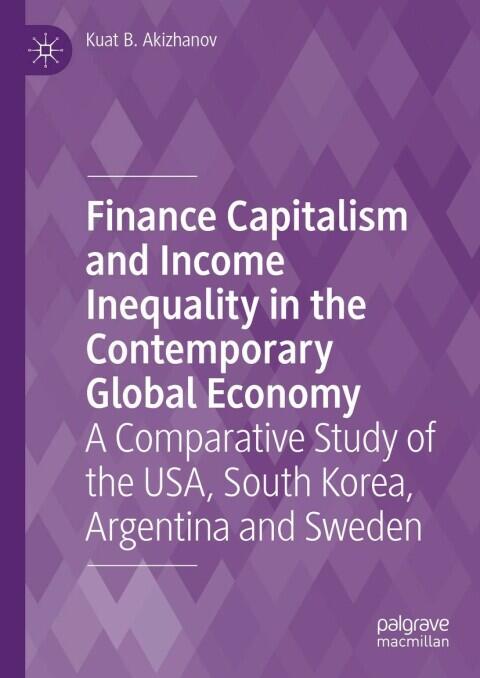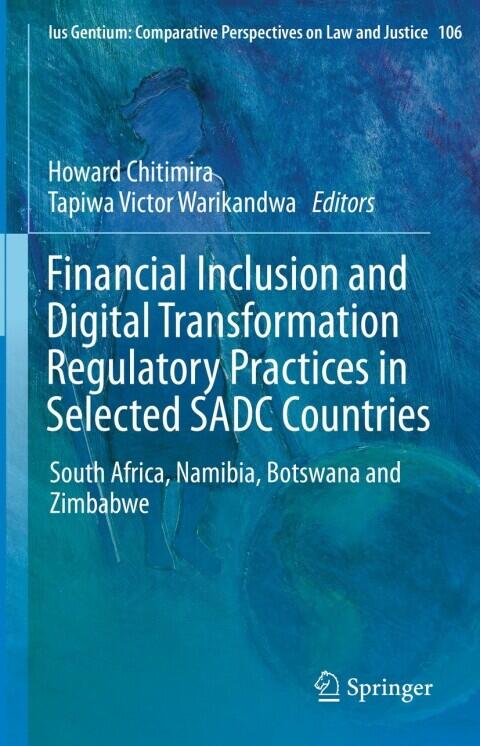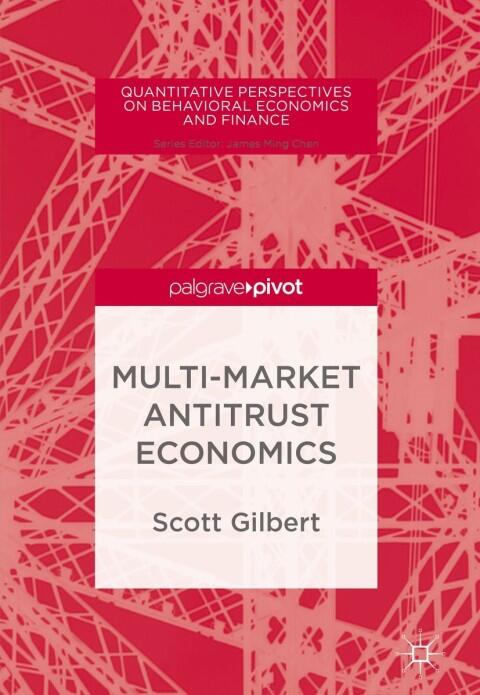
Finance Capitalism and Income Inequality in the Contemporary Global Economy: A Comparative Study of the USA, South Korea, Argentina and Sweden
によって
Kuat B. Akizhanov
まだ評価がありません
Business & Economics
形式
キンドル
ページ数
348
言語
ドイツ語
公開されました
Jan 1, 2023
出版社
Palgrave Macmillan
版
3
ISBN-10
3031217683
ISBN-13
9783031217685
説明
Kuat B. Akizhanov delves into the complex landscape of income inequality, examining its roots and implications across diverse economies such as the USA, South Korea, Argentina, and Sweden. The author skillfully analyzes how finance capitalism has emerged as a driving force behind the rising disparities in wealth and income distribution among these nations. By juxtaposing the varying economic frameworks and policies of each country, Akizhanov highlights the nuanced ways in which globalization and financial systems interact with local socio-political contexts.
Throughout the pages, the author provides a thoughtful narrative that encourages readers to consider the broader ramifications of income inequality. The study reveals not only the statistical trends but also personal stories and lived experiences of individuals impacted by economic policies. This qualitative approach brings a human element to what is often seen as a cold, numerical issue.
Akizhanov’s comparative method offers insights into how different countries have navigated the challenges posed by finance capitalism. The diverse case studies present a tapestry of strategies, successes, and failures in addressing inequality. Readers are invited to draw parallels and contradictions between these varied experiences, fostering a deeper understanding of the global economy.
Ultimately, this work serves as an essential resource for those interested in economics, social justice, and policy-making. It urges policymakers, scholars, and citizens alike to reflect on the current state of inequality and consider paths toward a more equitable future.
Throughout the pages, the author provides a thoughtful narrative that encourages readers to consider the broader ramifications of income inequality. The study reveals not only the statistical trends but also personal stories and lived experiences of individuals impacted by economic policies. This qualitative approach brings a human element to what is often seen as a cold, numerical issue.
Akizhanov’s comparative method offers insights into how different countries have navigated the challenges posed by finance capitalism. The diverse case studies present a tapestry of strategies, successes, and failures in addressing inequality. Readers are invited to draw parallels and contradictions between these varied experiences, fostering a deeper understanding of the global economy.
Ultimately, this work serves as an essential resource for those interested in economics, social justice, and policy-making. It urges policymakers, scholars, and citizens alike to reflect on the current state of inequality and consider paths toward a more equitable future.



















